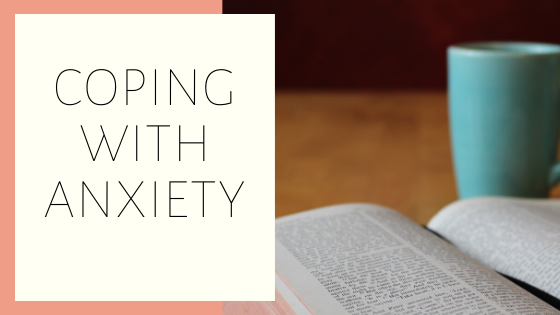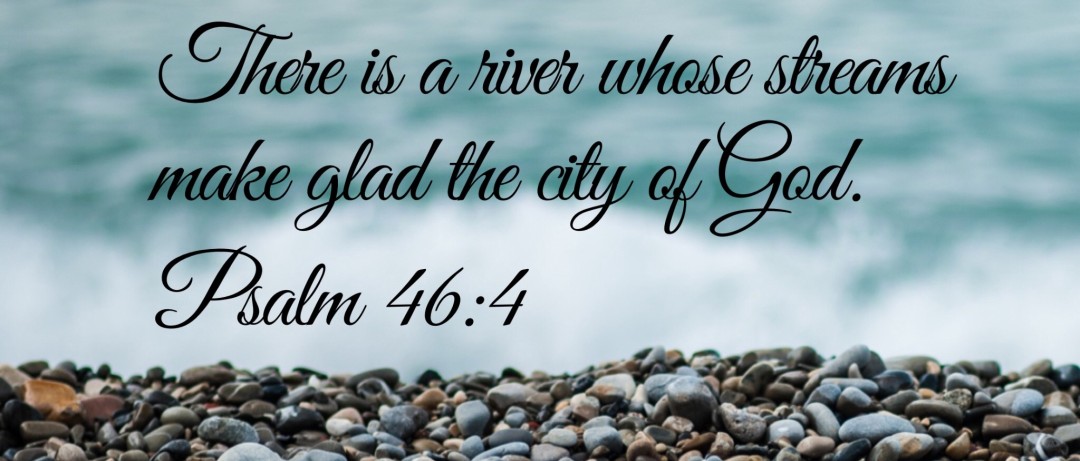In the days of the Old Testament, Numbers 3 to be exact, as the Israelites wandered around, God established a group of people whose only responsibility was related to the care of the tabernacle. They did not serve as priests, as that was a job given exclusively to the sons of Aaron, brother of Moses. But the care of the tabernacle was given to the sons of Levi, namely Gershon, Merari, and Kohath. They were essentially the “three guys and a camel” of their day, the movers of the tabernacle, and trust me, they moved a lot. (That’s why it’s called “wandering.”)
The sons of Gershon were responsible for the coverings of the tabernacle and everything related to the coverings (think curtains, ropes, etc.) The sons of Merari were responsible for the frames of the tabernacle and everything related to that. These guys were lucky, as anytime the Israelites decided to pack up and go, they got to pack up their items and move them on carts and camels. But the sons of Kohath, they didn’t have it quite as easy. As the caretakers of the sanctuary, including the table, the lamp stand, the altars and the sacramental tools, and most importantly the ark of the covenant, they had to carry their items on their shoulders, on specially ordained poles. Not only was their job difficult, it was deadly. They could not touch the items in any way as these were the holiest of items, from the holy of holies, a place only priests were allowed to go. If they touched the items, they would die. So before each move, the priests wrapped the sanctuary items in sacred cloth, and then and only then could the Kohathites put their grubby hands on anything. (I inserted the part about the grubby hands. That’s not actually from the Bible).
“Where am I going with this history lesson?” I am sure you are asking by now. Hang with me. We’ll get there.
The sons of Kohath had hard jobs. Deadly jobs. They didn’t have the benefit of carts and camels to do their work. They had to rely upon their own brute strength, and one slip up meant instant death. In the midst of all that wandering and pressure, I imagine they felt a little put out with the sons of Aaron who got to walk around being all holy, wrapping up those sacred items and then saying, “Okay mover dudes. Now you can come do the dirty work.” So as you might imagine, the Kohathites got a little full of themselves and decided they’d had enough.
Korah, the grandson of Kohath, fell in with a bad crowd (ain’t it the way it always is) and he and his fellow gangstas decided they would challenge Moses and Aaron for the rights of the priesthood. (It’s all in Numbers 16). As you can imagine, this didn’t really go over well with anyone, including God. So God told Moses to gather Korah and all the other rebels and their households and stand before the assembly. And then, what I imagine had to be one of the most horrific events of the Old Testament to witness, happened.
“Moses said, ‘This is how you will know that the LORD has sent me to do all these things and that it was not my idea: If these men die a natural death and suffer the fate of all mankind, then the LORD has not sent me. But if the LORD brings about something totally new, and the earth opens its mouth and swallows them, with everything that belongs to them, and they go down alive into the realm of the dead, then you will know that these men have treated the LORD with contempt.’ As soon as he finished saying all this, the ground under them split apart and the earth opened its mouth and swallowed them and their households, and all those associated with Korah, together with their possessions. They went down alive into the realm of the dead, with everything they owned; the earth closed over them, and they perished and were gone from the community. At their cries, all the Israelites around them fled, shouting, ‘The earth is going to swallow us too!’ And fire came out from the LORD and consumed the 250 men who were offering the incense.” (Numbers 16:28–35).
Not the End
Korah, the son of Kohath, was so filled with envy over the purpose God had given to others that he was blinded to the significance of the purpose God had given him. He became jealous and discontent to his own detriment. And in the midst of that, he missed the fact that God had trusted him with something precious.
I wonder how often we do that, look so longingly at what we see others accomplishing that we cannot see the beauty of our own calling?
But this was not the end of the line of Korah, and this is my favorite part of this story. All of the sons of Korah did not die that day. But those who survived became the custodians and doorkeepers of the tabernacle, the lowest of lowly jobs among the Levites. We are talking Mike Rowe, Dirty Jobs, level low. And in the midst of that lowly job, they penned some of the most beautiful verses in the Bible.
They wrote Psalm 42:1 which reads, “As the deer panteth for the water, so my soul longeth after thee.”
And Psalm 46:1-3, “God is our refuge and strength, an ever-present help in trouble. Therefore we will not fear, though the earth give way and the mountains fall into the heart of the sea, though its waters roar and foam and the mountains quake with their surging.” (And if anyone knew about the earth giving way it was them.)
But my favorite of all is Psalm 84:1 where they sing, “How lovely is your dwelling place, oh Lord almighty.” They go on to say, “For a day in your courts is better than a thousand elsewhere.” And here’s why I love this Psalm so much.
I “get” Korah, and coveting what others are called to do, thinking the role I have been given is not as grand or as important or as easy (I could go on). I think many of us can relate to Korah. But the people I am most impressed with are the sons of Korah, the survivors of the great uprising. It would have been easy to live in shame of their past, but they didn’t. They didn’t let their past define them. Even when given the lowest of jobs, they sang from a heart of gratitude and humility and said, “God, there are a lot of places we could be, but better is one day here, cleaning your courts, than any other place we could imagine.”
All that to say, I am challenged by their story. I am challenged to be grateful, to be humble, and to live out the calling God has placed on my life with a sense of joy and purpose, even when it is difficult and life feels overwhelming. I am also challenged to remember that my past, including my own failures, don’t define me. I am defined by the way I love God and the way He loves me, and ultimately by the way I show that love to others.





